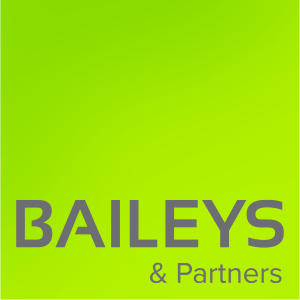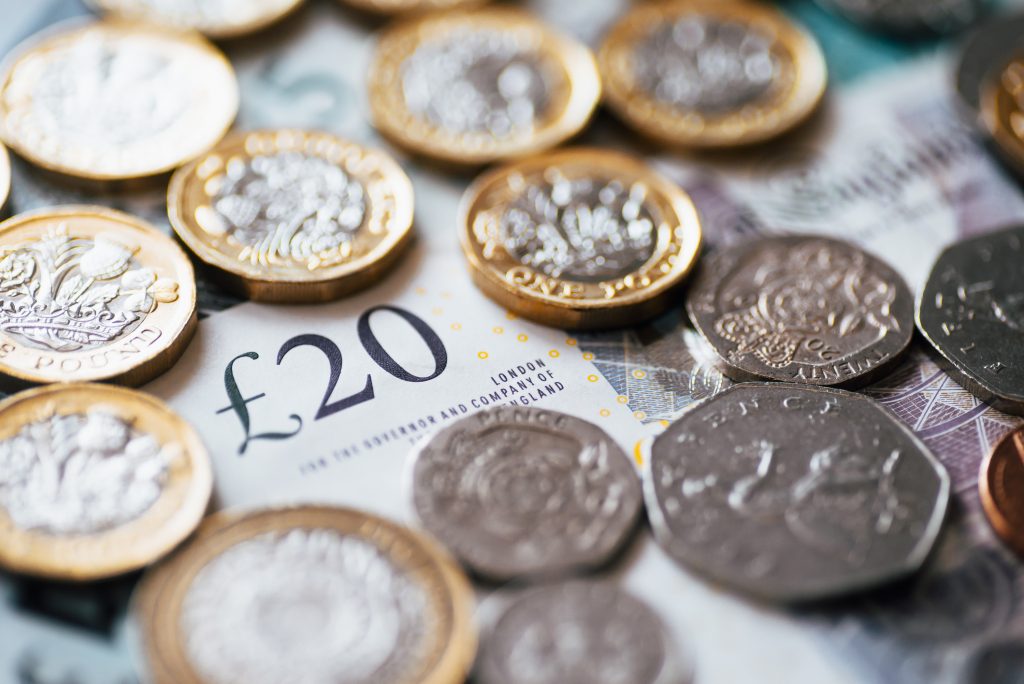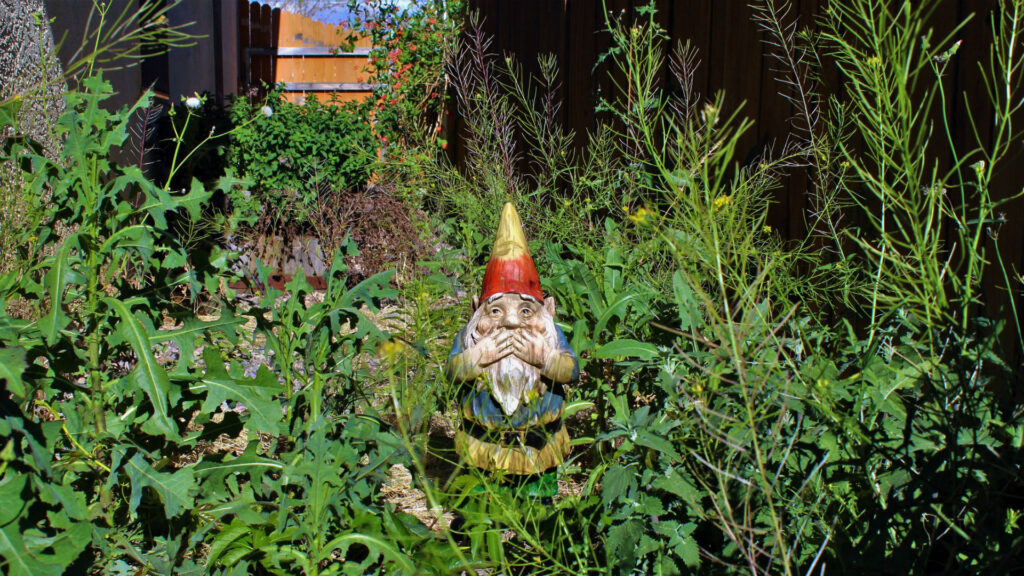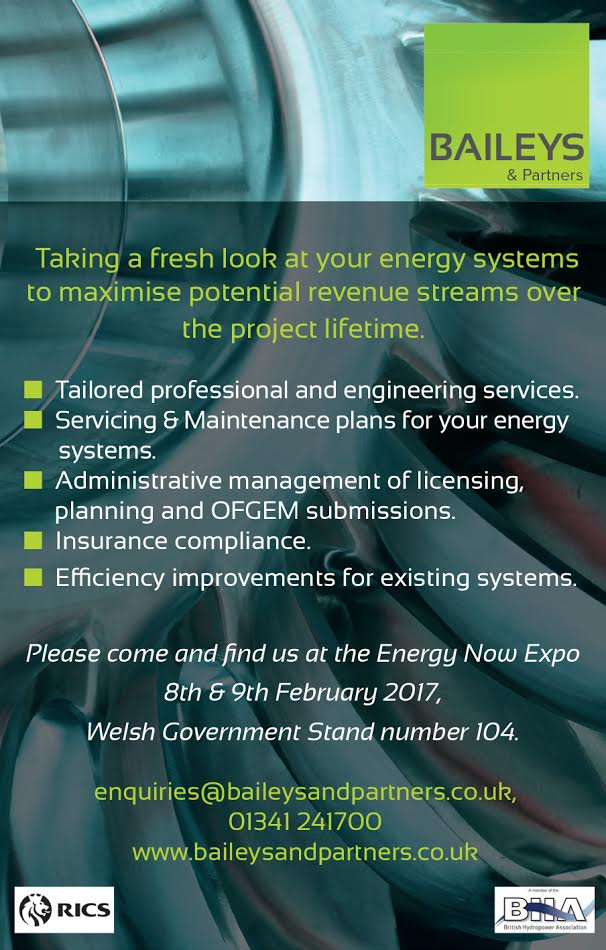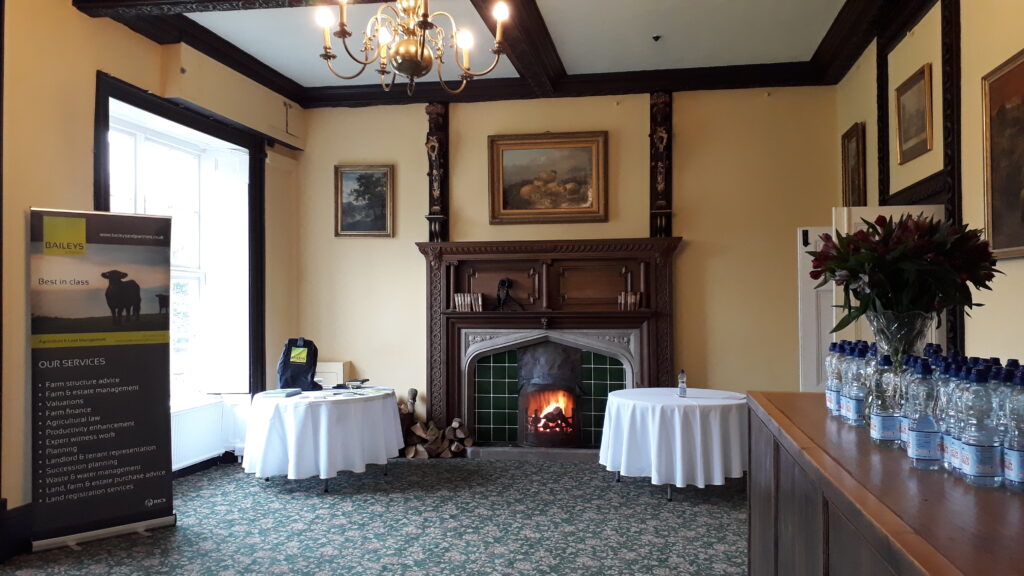There is an age-old debate between RICS registered valuers on whether valuation is an art or a science. Most tend to consider valuation an art, mainly because it requires judgment and is a statement of opinion not fact. In our opinion, it’s a bit of both.
The art lies in the subjective judgement(s) that a valuer makes, having first considered the research/ evidence, in actually putting a figure against an asset. The science involves a logical process of obtaining and interpreting evidence. The evidence is used to formulate an opinion on value.
There are five main methods used when conducting a property valuation whether it be a farm, land, a residential property or a business. The five methods are; the comparable method, profits, residual, contractors and the investment method. A valuer can use one of more of these methods when calculating the market or rental value of a property.
At Baileys and Partners, we are experienced in attending to the ever-increasing diverse property requirements of our clients which often involves a blend of valuation methodologies. We expect this trend to continue as clients themselves identify and capitalise on new and emerging land, leisure, and energy markets.
Comparable method of valuation
The comparable method is by far the most common method of valuing a property. This method relies on information from transactions in the market such as the price of sold properties in the area. The valuer’s skill is tested by assessing the market information available, and adjusting the values according to the factors identified in the personal inspection of the property.
Providing that there is a stable market and good market evidence, the comparable method can be an accurate method of valuation.
Profits method of valuation
The profits method is the preferred approach when valuing a business, for example a restaurant, renewable energy installations or a pub. The profits method firstly takes into account the gross operating income of the business. The working expenses are then deducted to create the net cashflow. The net cashflow over a period of time is then converted into present value by selecting an appropriate risk yield for the business. It’s not as complicated as it sounds but does require experience!!
Residual method of valuation
The residual method is often used to value land with development potential, for example to determine the value of land with planning consent for a dwelling. The starting point is valuing the final product (the gross development value), being the dwelling if sold on the open market. From this value the costs of development are deducted, including developers profit. The value left is referred to as being the residual value, which should provide an indication of the value of the building plot.
This method of valuation is very sensitive to a number of variables and Baileys and Partners often use a second method of valuation to compare values and use a range of models.
Contractors method of valuation
The contractors method is ordinarily used where there is a lack of market evidence, or no market demand for the property. For example, it is typically used for valuing schools and hospitals. The valuer would firstly assess the costs of providing the modern equivalent and adjusting this value to reflect the age of the existing property.
Investment method of valuation
This method is often used where there is a flow of income deriving from an asset. For example, a long-term tenancy of a residential dwelling. The valuer would firstly assess the current passing rent and then predict future rent levels of the dwelling until the end of the term. The total rent due for the term is then totalled (capitalised) and adjusted to today’s value, using a yield/ multiple based on the risk to the Landlord of not receiving that rent for the term.
We, Baileys and Partners, surveyors in North Wales have the skill sets and experience in undertaking all kinds of valuations in Wales and beyond. One of our Directors’ Ed Bailey has also acted on behalf of the Courts as an expert witness in relation to valuations, giving opinion on matters of dispute arising from the valuation process. We provide tailored advice and recommendations to clients based on the valuation findings, such that you can get the most from the valuation.
Please do get in touch should you have any valuation queries!
